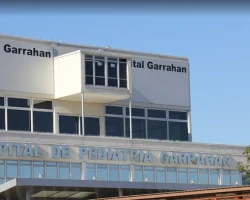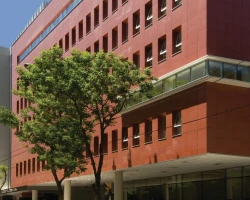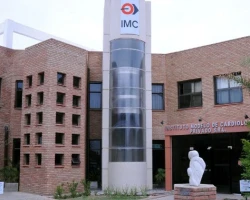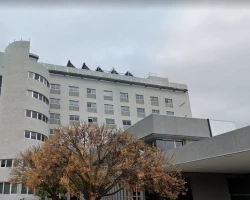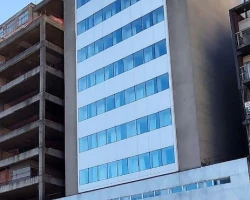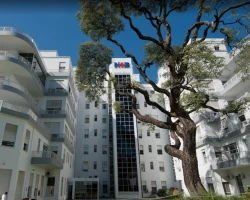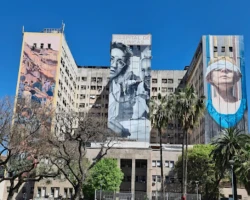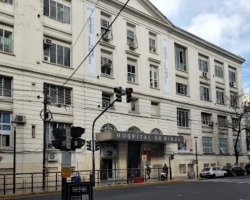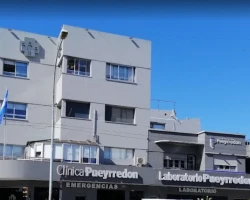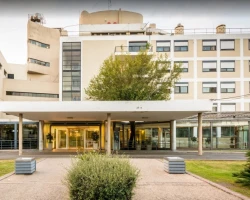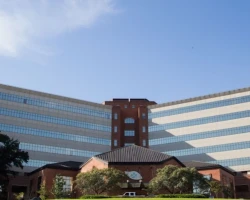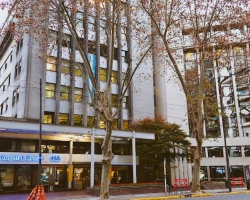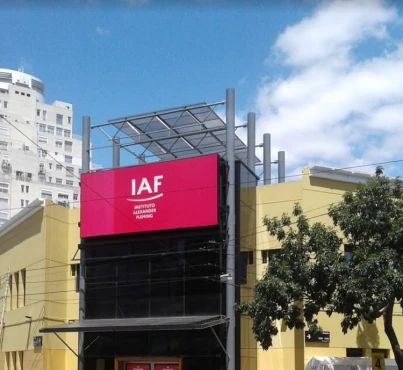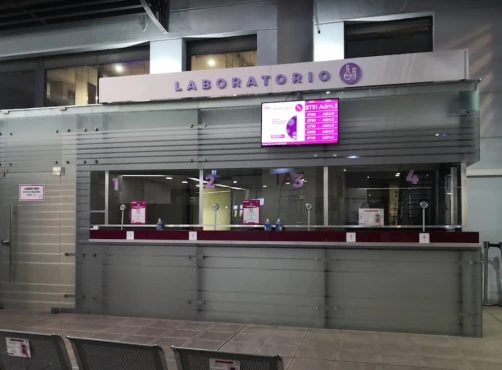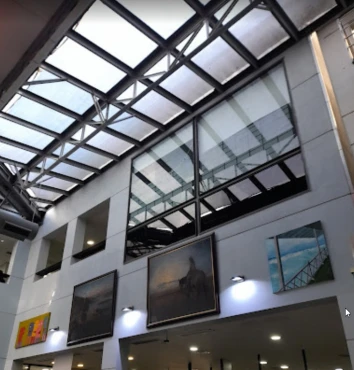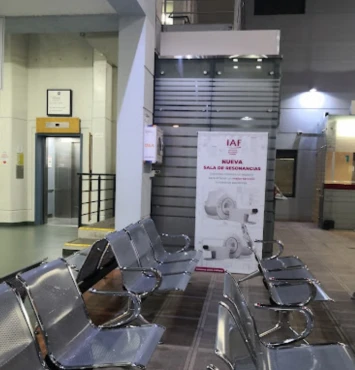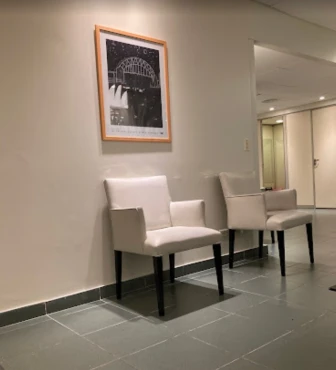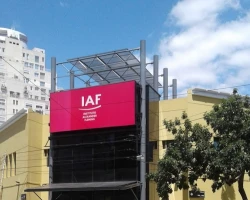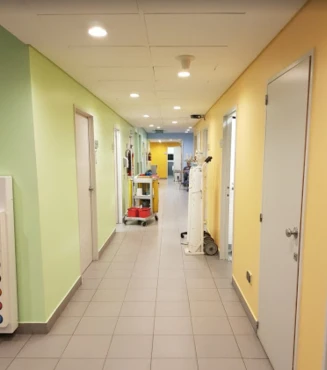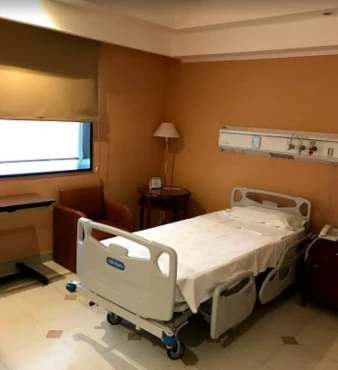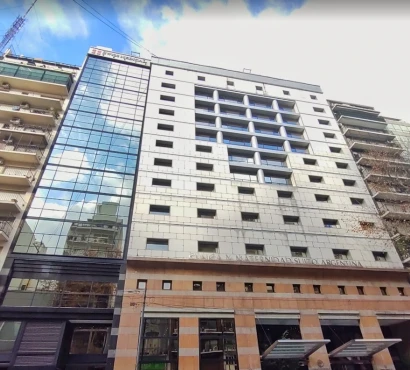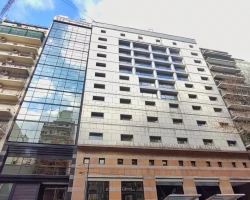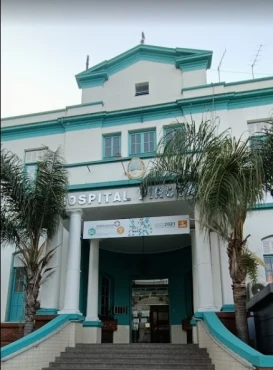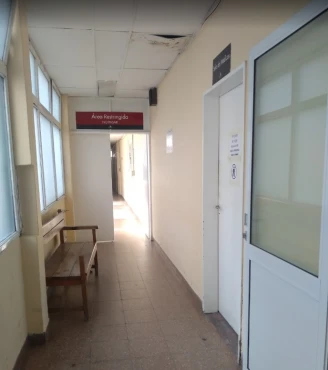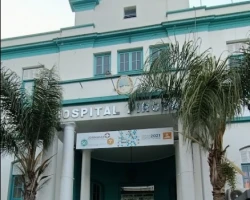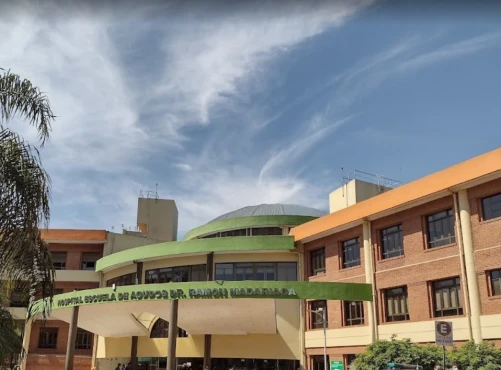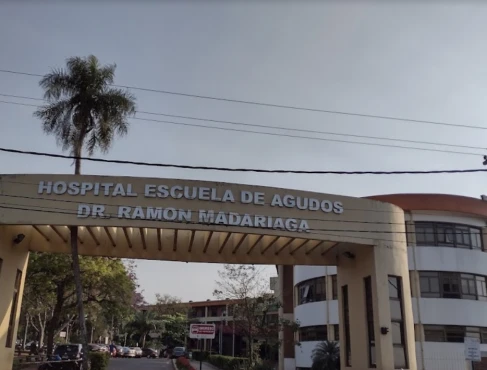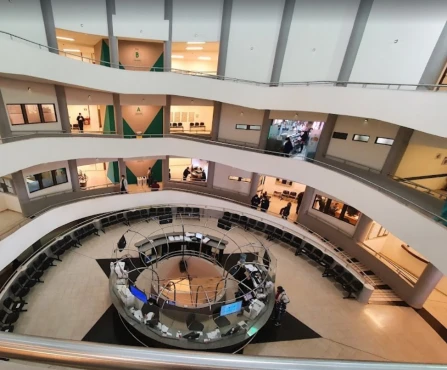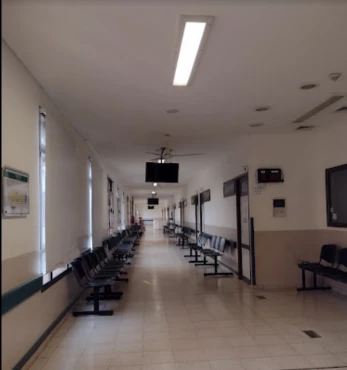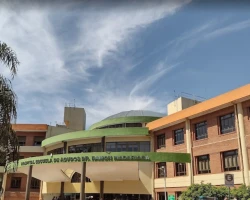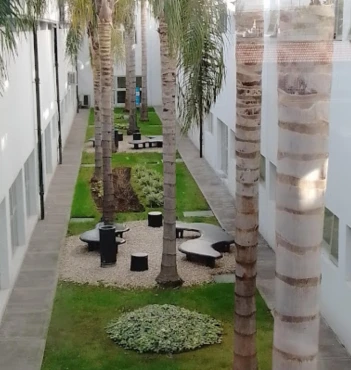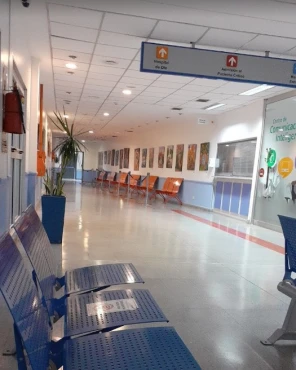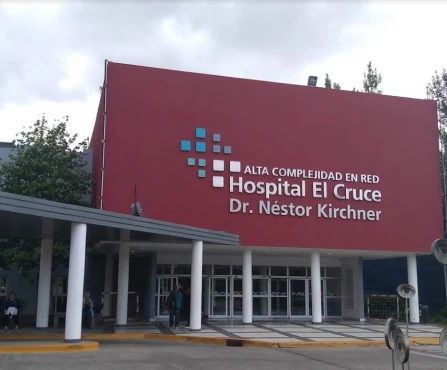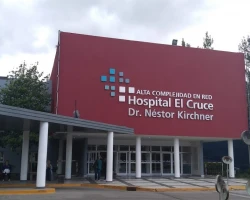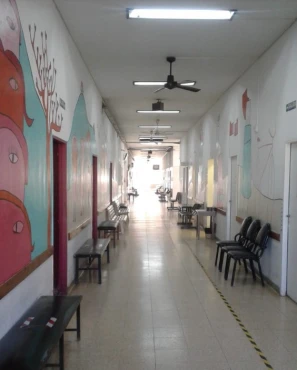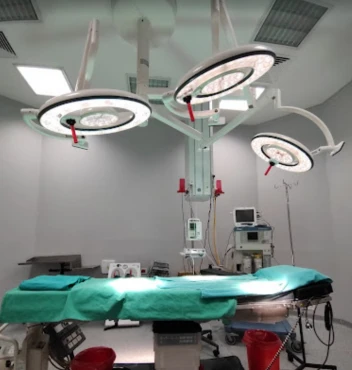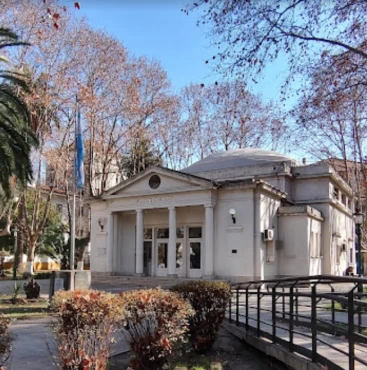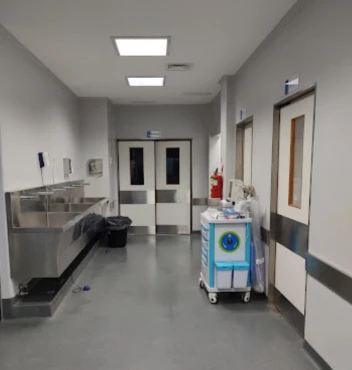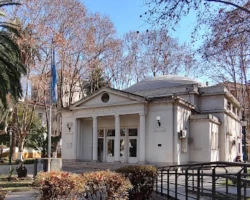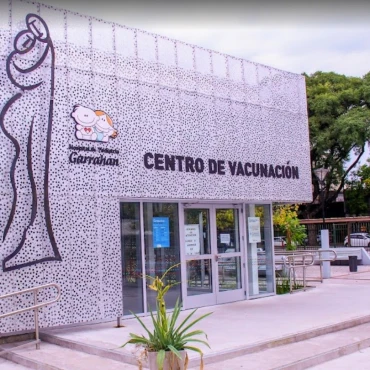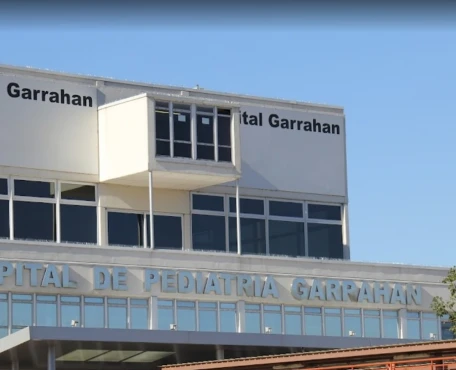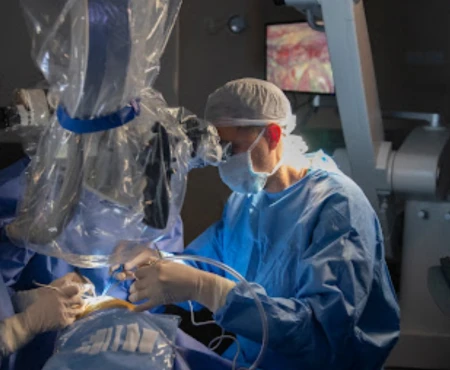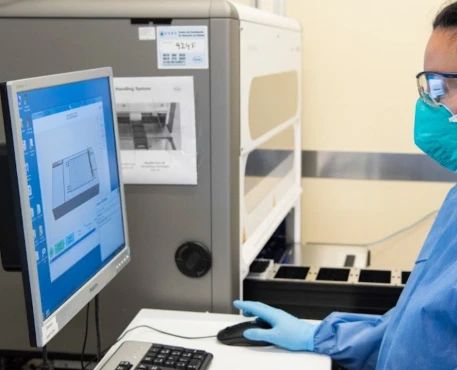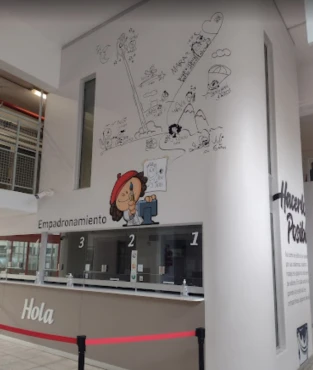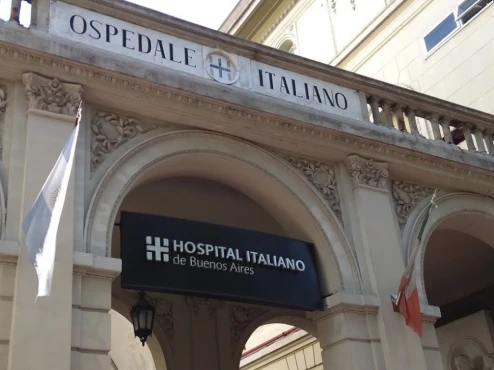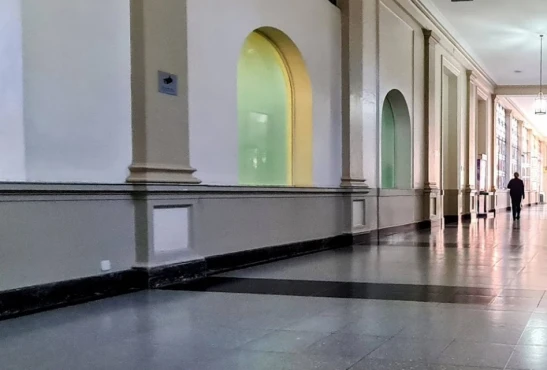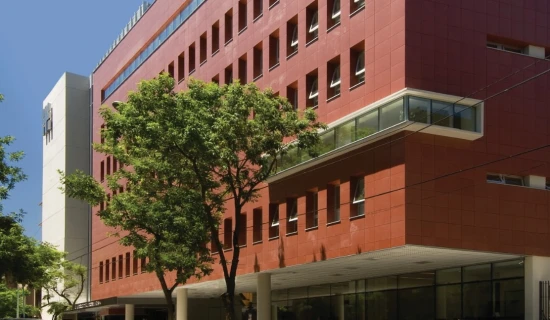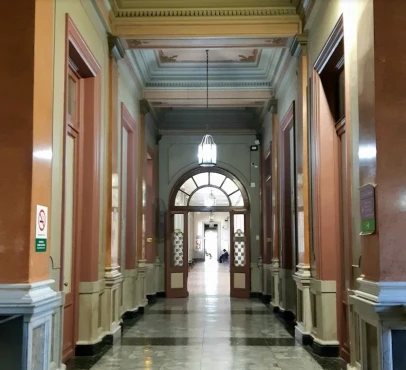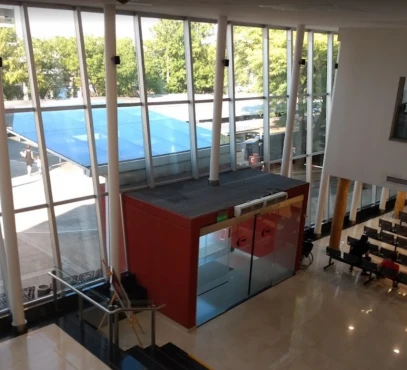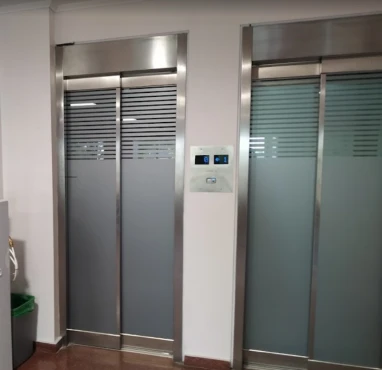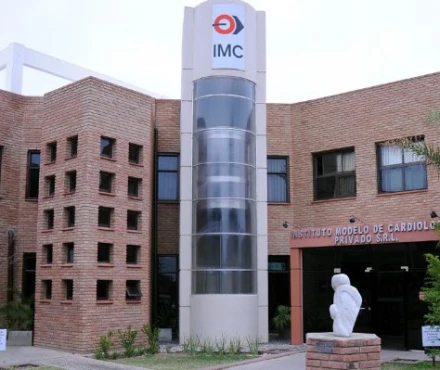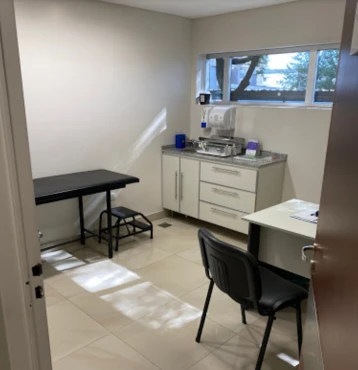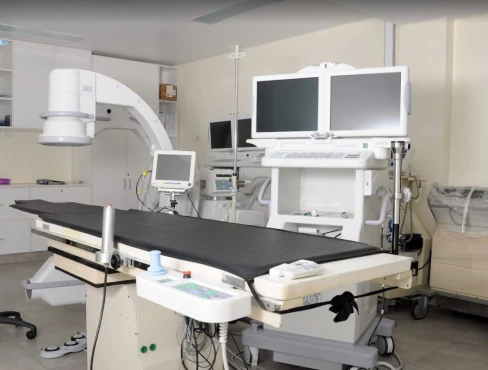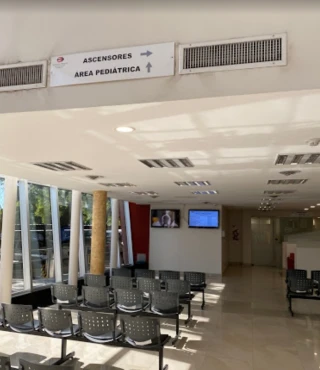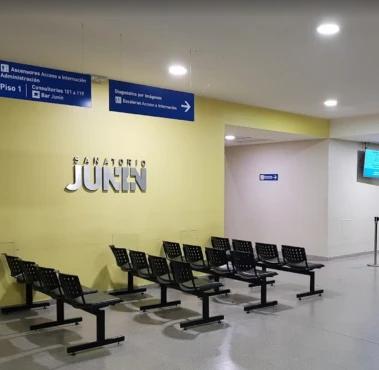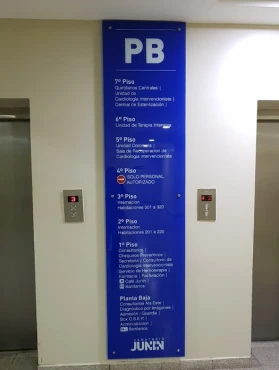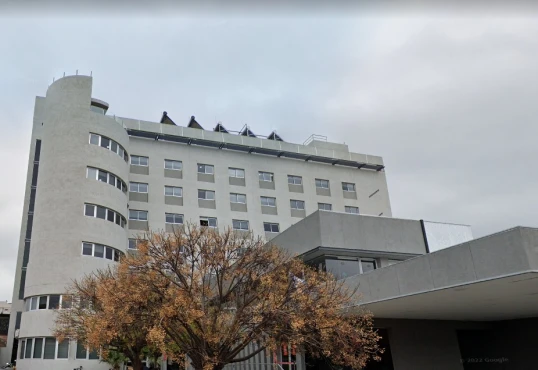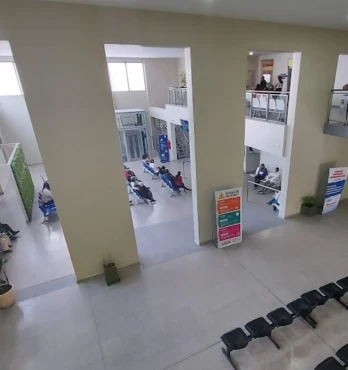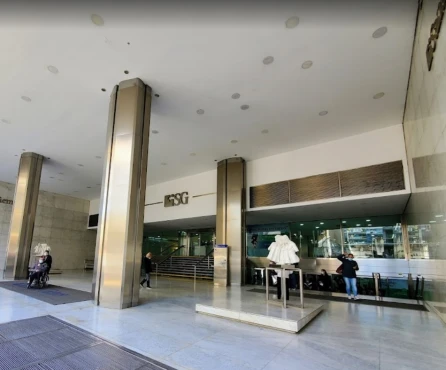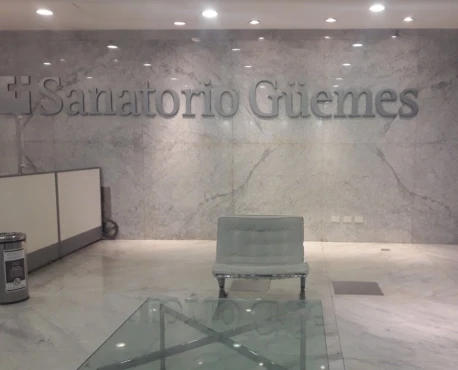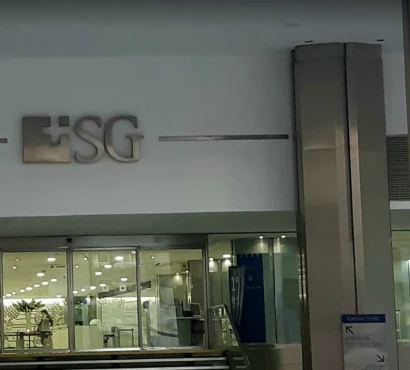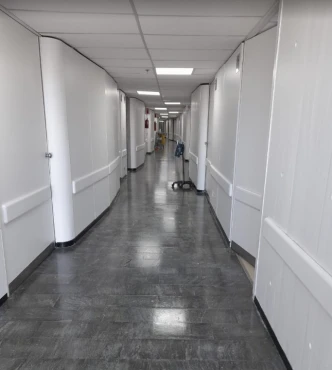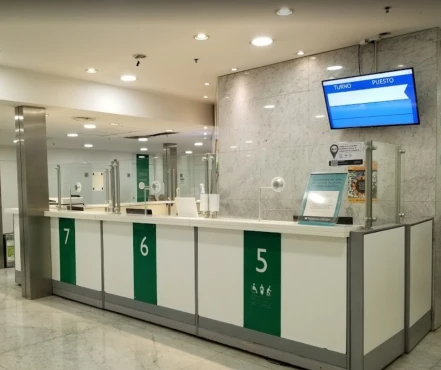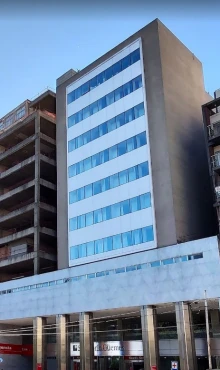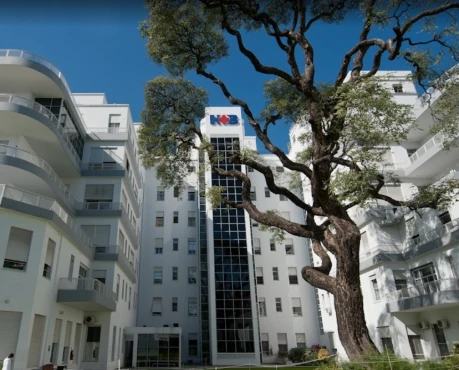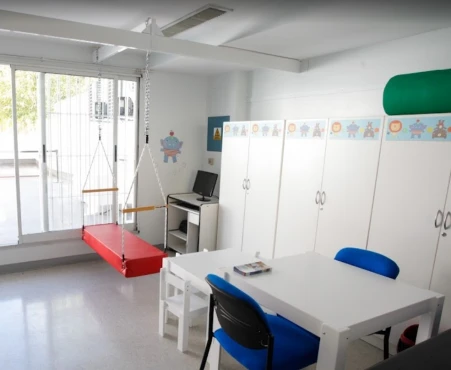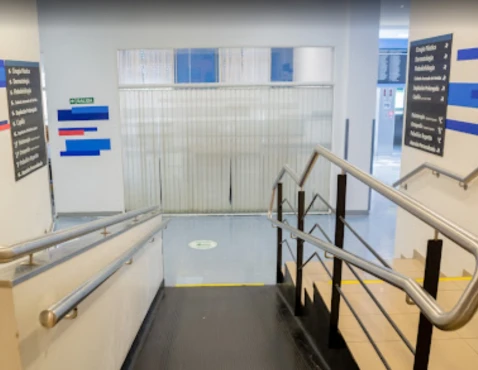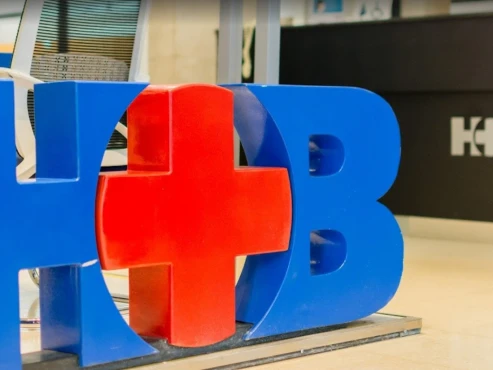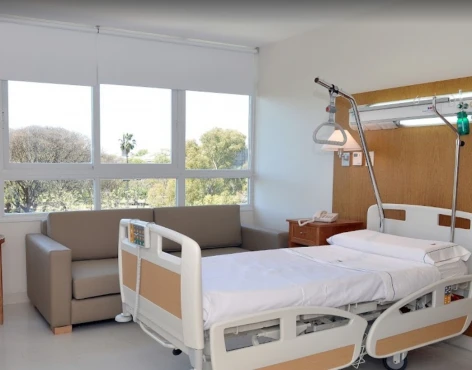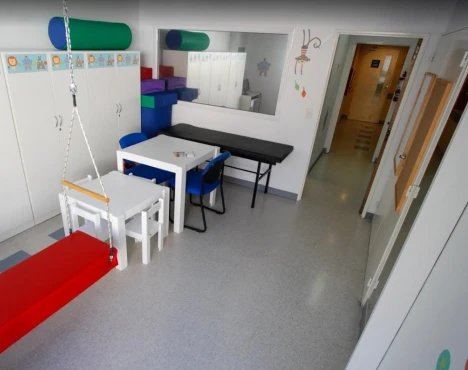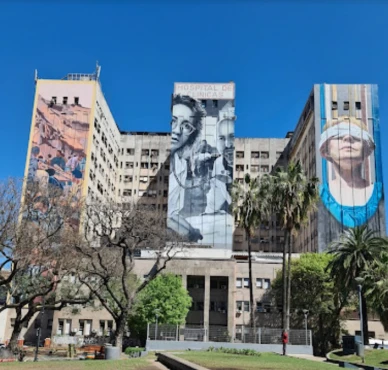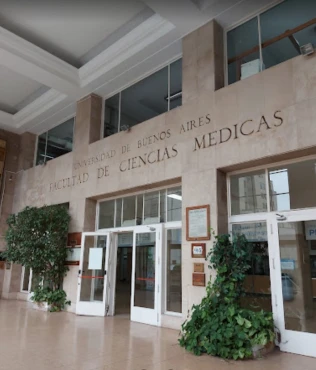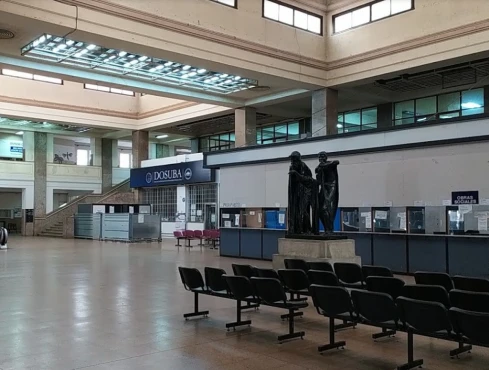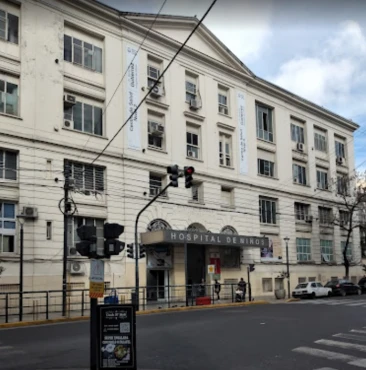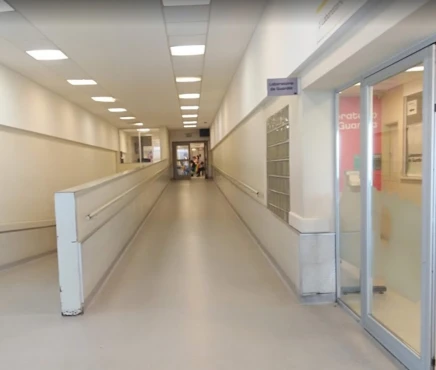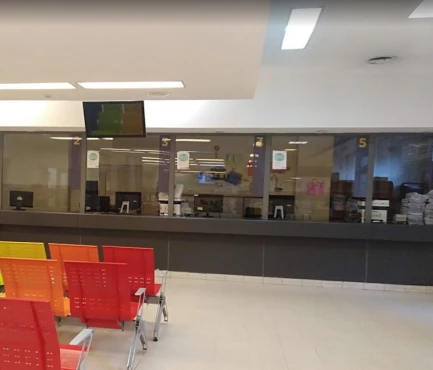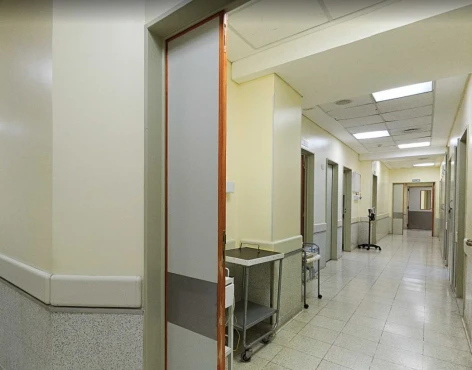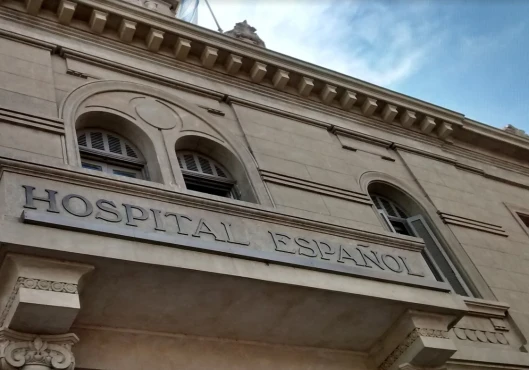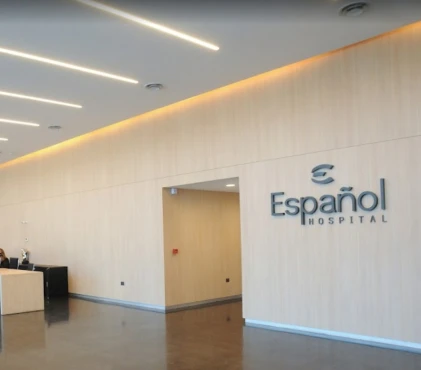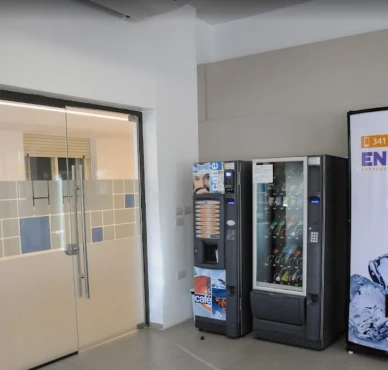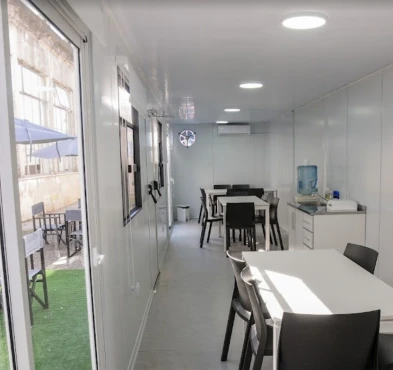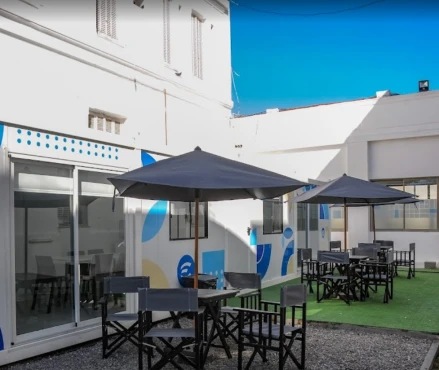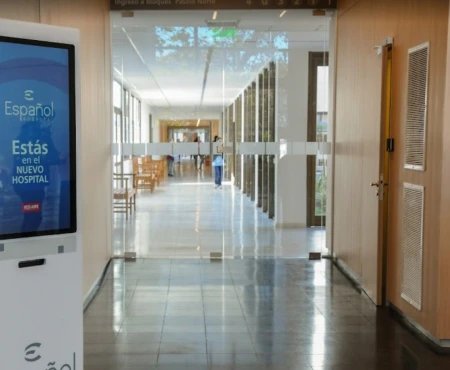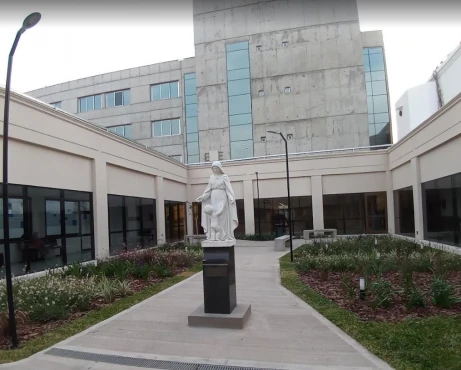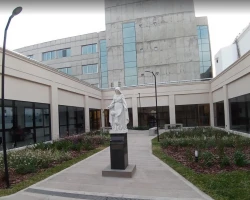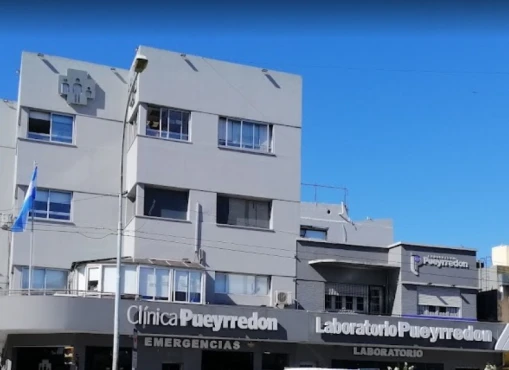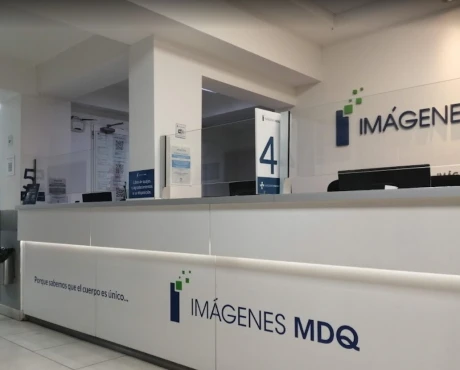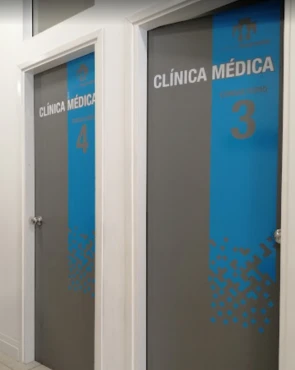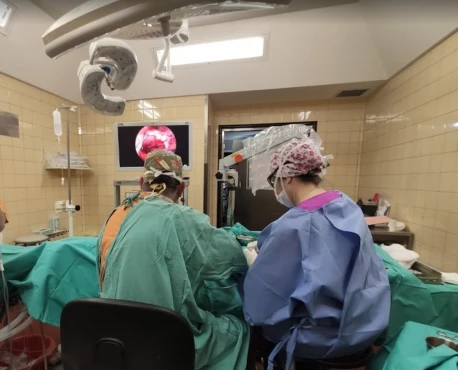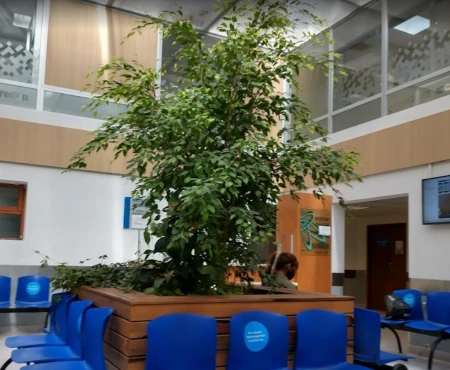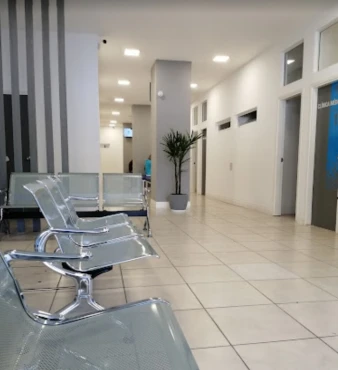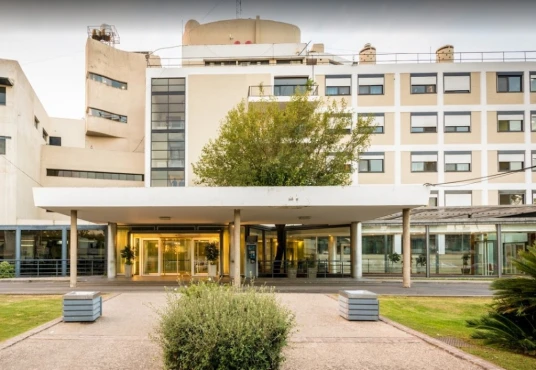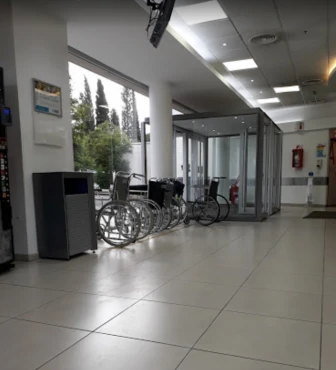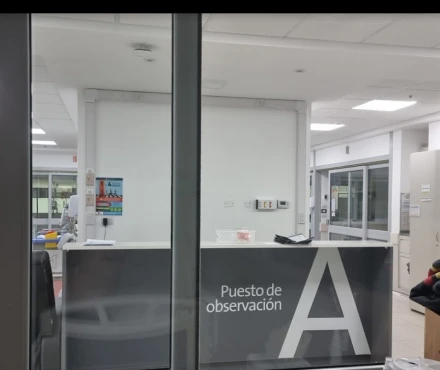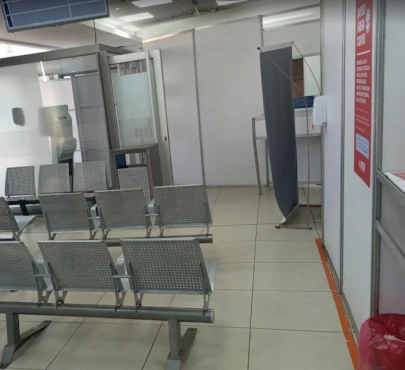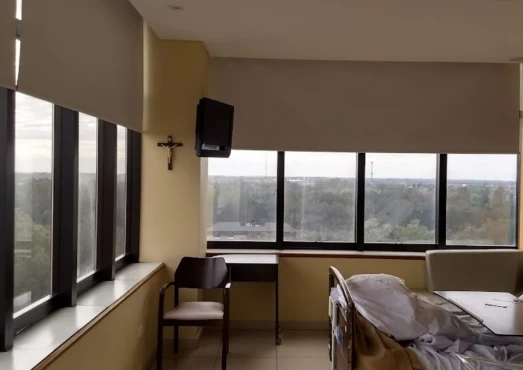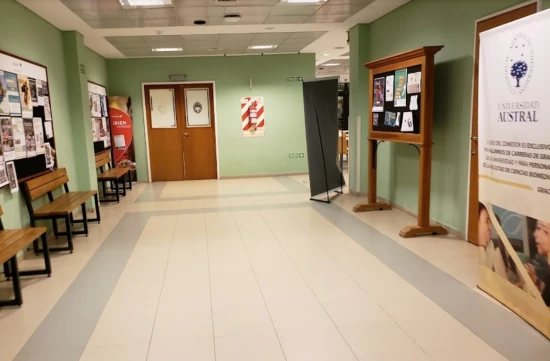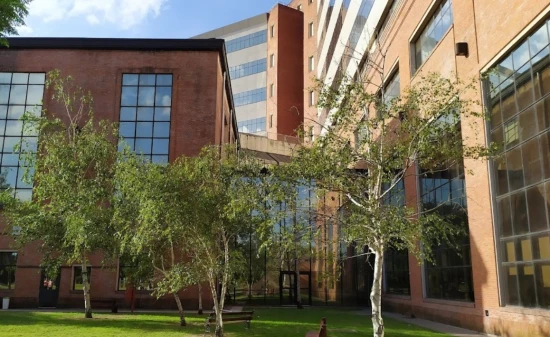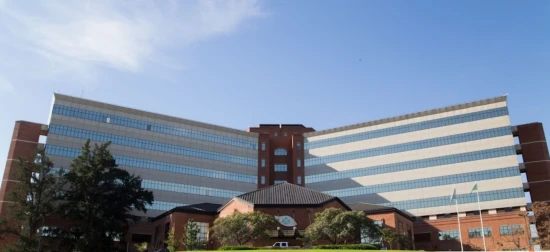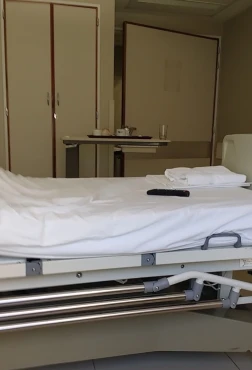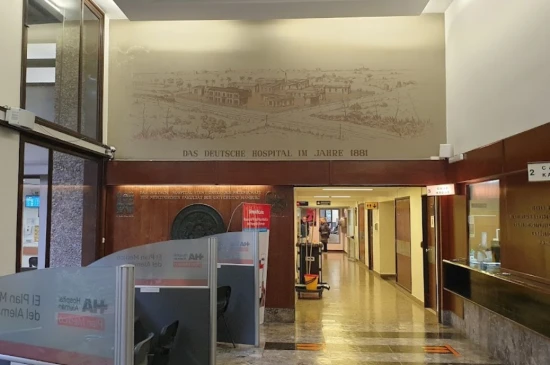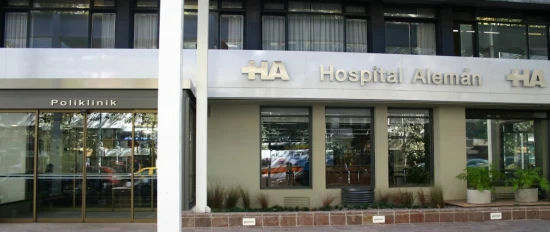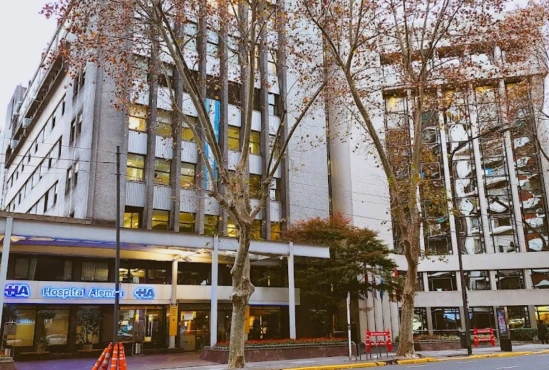from Gerrit Liskow
April 14, 2022
I found them exceedingly reassuring and reliable, efficient and engaged. It was a bit of a wait going through A&E, but they really sorted things out in a very professional way and it turned out it was only a head cold. So no blood clots or any of that sort of thing. Which I found a bit humbling for wasting their time. Still, no hard feelings which raises my esteem for the place.
from Ivan Muracciole (Maind Framend)
September 02, 2020
It was founded by Cleto Aguirre from Salta. The origins of the current Hospital de Clínicas date back to 1877, when its construction began. A year later -and still unfinished- it was the scene of the conflict over the federalization of the city of Buenos Aires by functioning as a rifle barracks and a hospital for the concentration of wounded.
Attention to the community began shortly after the conflict of 1880, at which time Buenos Aires ceased to be a large village and developed to become the capital city of Argentina, which was experiencing the first waves of immigration and urbanization.
A significant number of patients came from the interior, referred by doctors graduated from the Faculty of Medicine who kept a special memory of the aptitudes of their teachers in medicine.
The tenured professor was the cone of attraction of the chairs and of the activity of the Hospital rooms. He was an ethical example to be emulated by his students, who supported him, shared his studies, sometimes his table, and even established kinship through marriages based on that relationship of admiration.
Important feats of medicine took place in the pavilions of the Hospital de Clínicas: the first application of insulin, the description of Ayerza's Disease, Tobías syndrome, Castex syndromes, the first cardiac catheterization, the first medical residencies, the first Ethics Committee, experimental surgery, the first kidney punctures and the first thoracotomies, among others.
The first filmed operation in the history of medicine occurred in this hospital. It was in 1899 and was in charge of the Argentine doctor Alejandro Posadas. The film is seven minutes long and was found in 1971, when the old building was preparing for demolition. It was exhibited on December 14, 2001 to celebrate the 120th anniversary of the hospital. [1]
Built according to the models of its time, the design was inspired by the Friedrichshain Hospital in Berlin and the lazaretto in Karlsruhe.
Since 1927, due to the deterioration of the old hospital and according to the emerging needs in previous years, several projects were planned to build a new hospital, a fact that would not materialize until 1949, the year in which the construction of the Hospital de Clínicas began " José de San Martín ”, in the block limited by Uriburu, Paraguay, Azcuénaga and Córdoba Avenue. Construction suffered numerous delays and only in 1962 offered the first services, radiology and otolaryngology. The rest of the services were gradually transferred in the following years.
In the first years of the 1970s the new building became fully functional and in 1975 the demolition of the old headquarters began.In 2014 the executive power invested heavily with money from the National State to re-functionalize the Hospital de Clínicas and create a pharmaceutical plant to supply the network of university hospitals and also offer a space for practical training for students and teachers. [2]
